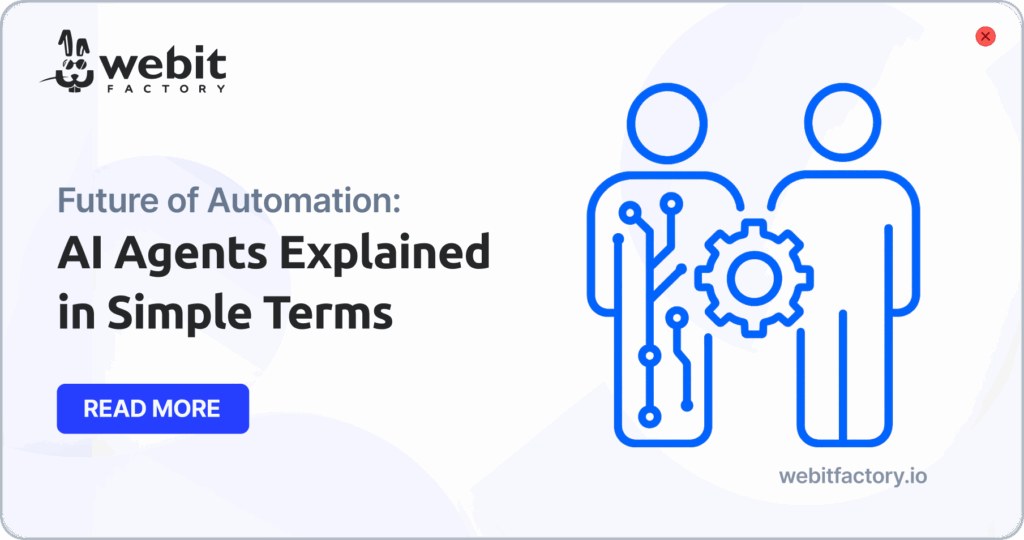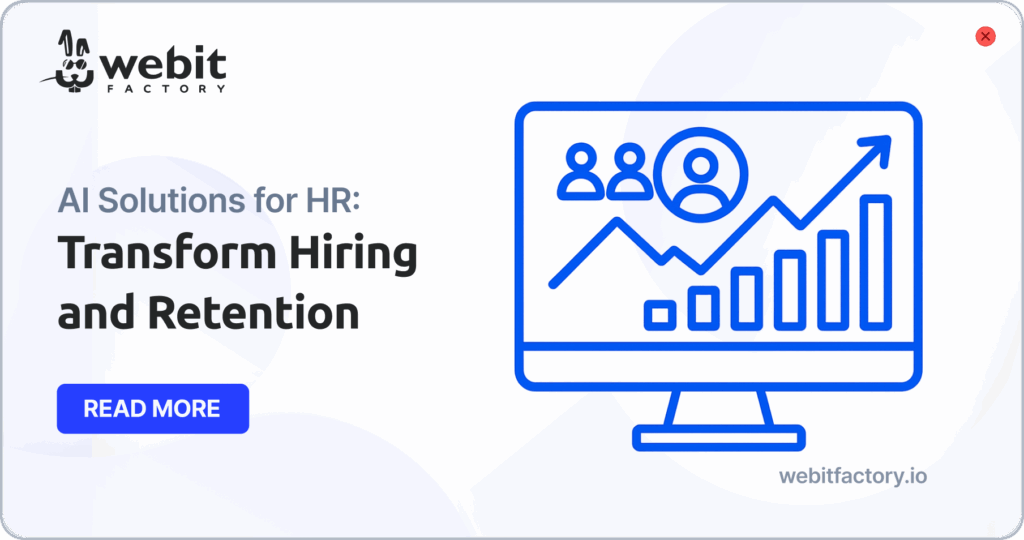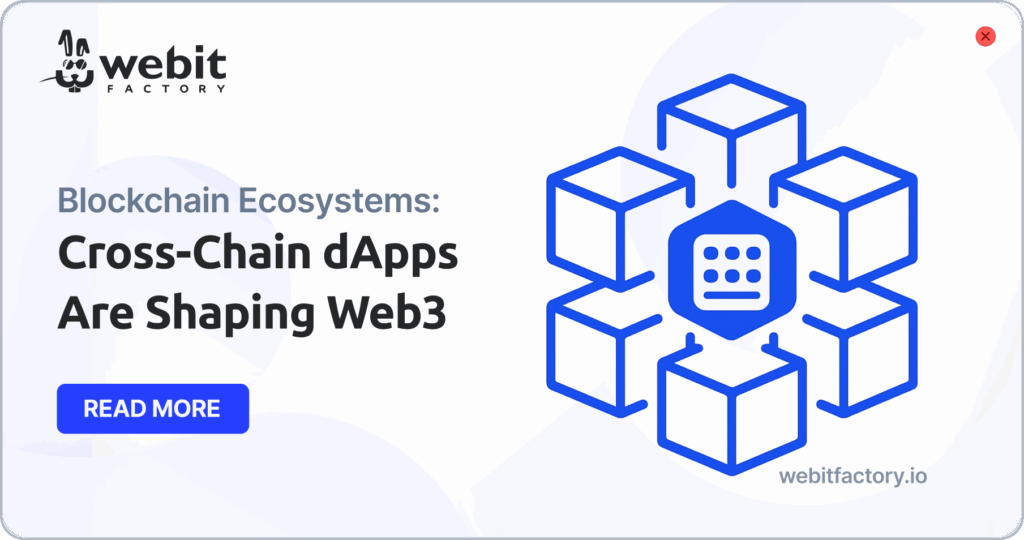Crafting a Data Retention Policy
- Types of Data to Be Retained – First and foremost, identify the data types that are vital for your business, such as financial, legal, health, or personal data.
- Retention Periods- Next, outline how long each type of data should be retained, striking the balance between business needs and regulatory requirements.
- Storage Location- Specify where the data should be stored – on-premises, in the cloud, or in a hybrid storage environment – ensuring security and accessibility.
- Access Controls- Define who can access specific data and establish procedures for data access, boosting data security.
- Data Destruction: The Farewell Process – When data reaches the end of its retention period, ensure it’s securely deleted or disposed of, minimizing unnecessary data clutter.
The valuable benefits of data retention management
Here are some essential data retention policy requirements for notable regulations
General Data Protection Regulation (GDPR)
Retention should be no longer than necessary for the specified purpose, and data must be securely deleted when no longer needed.
California Consumer Privacy Act (CCPA)
Health Insurance Portability and Accountability Act (HIPAA)
Sarbanes-Oxley Act (SOX)
Federal Trade Commission Act (FTC)
Gramm-Leach Bliley Act (GLBA)
The Occupational Safety and Health Administration (OSHA)
OSHA requires maintaining records of occupational injuries and illnesses for five years and hazardous substances exposure records for at least 30 years.
Data retention management is not just about ticking boxes for compliance. It’s about safeguarding your business, unlocking insights, and building trust.
Related Articles

AI Agents Explained in Simple Terms
Discover what AI agents are, how they work, and why intelligent agents are reshaping automation across industries.

AI Solutions for HR That Transform Hiring and Retention
AI solutions for HR are transforming hiring and retention with faster recruitment, better cultural fit, and lower turnover rates.

Cross-Chain dApps Are Shaping Web3
Cross-chain dApps are shaping Web3 by streamlining UX, improving contract monitoring, and bridging fragmented blockchain ecosystems.
